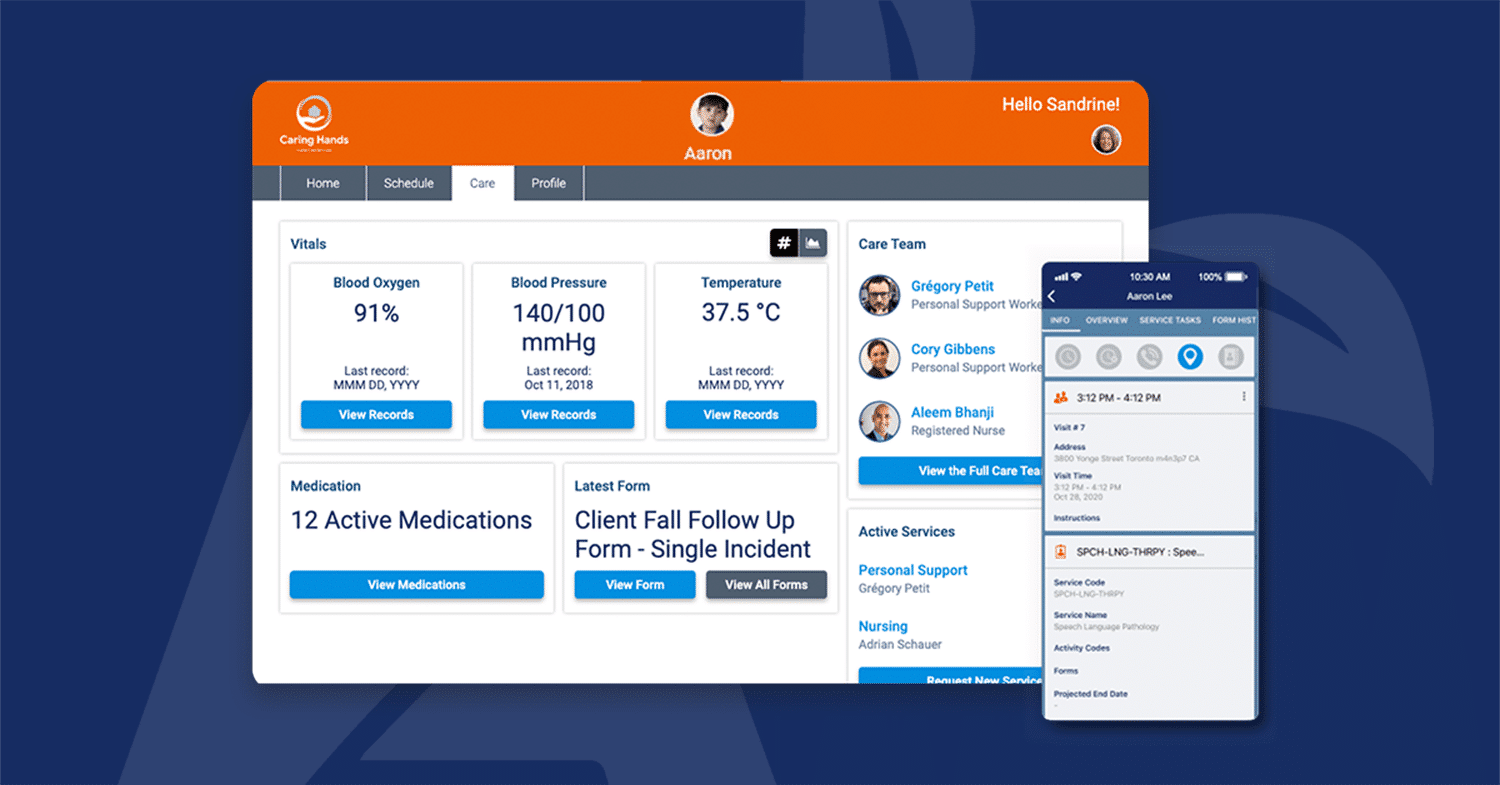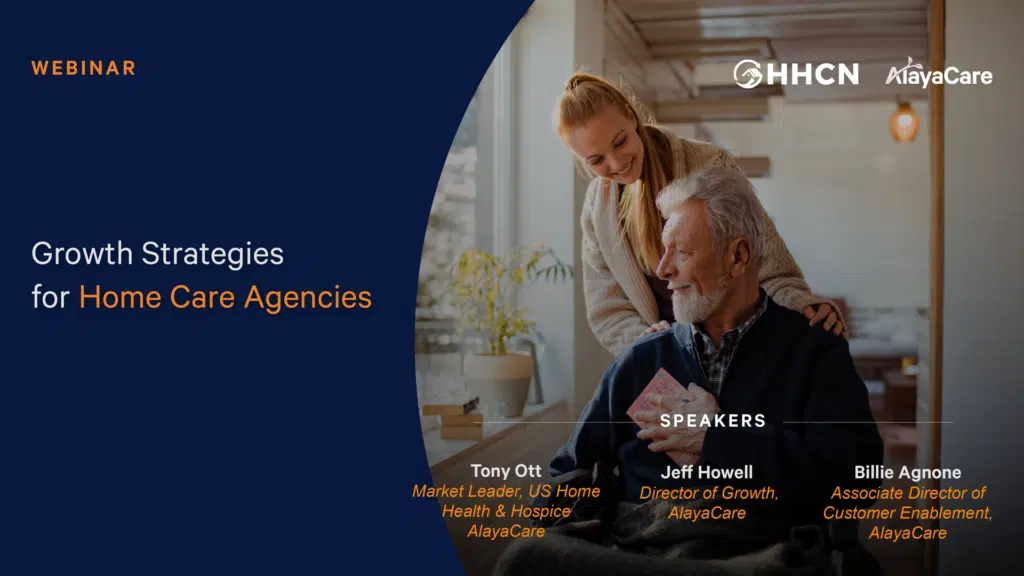Blog
How to Expand Your Agency Ecosystem of Care to Support Pediatric Home Health

Home care agencies across the nation are, as the pandemic has deftly demonstrated, becoming increasingly integral pieces of the health-care ecosystem. Together we’re watching the demand grow, the list of potential in-home services expand, the benefits evolve, and of course the population age.
But at the other end of that population are clients in need of much more support: children. The demand for pediatric home health care – perhaps the most sensitive, challenging type of service for agencies to offer – is escalating. That its global market is projected to top $56 billion by 2026 speaks to this underserved need that is an intimate part of any agency’s ability to service the full home health landscape.
Families are facing the acute challenges of raising children with complex illnesses, chronic conditions and injuries – and are also aware of home care as a possible option with the right funding. For home care agencies that have been traditionally focused on senior care, this demand for pediatric care, from rehabilitation to personal care to skilled nursing needs, can be overlooked.
But for agencies seeking to support the widest range of clients in need of their help, it is now very clear that this a very important area to consider.
Expanding the ecosystem of care
Of course, expanding that ecosystem of care to serve these families is not a simple undertaking: it is a challenging, specialized facet of home care that demands transparency, personalization, deep family collaboration and a strong pediatric emr software solution. Caregivers must be trained to manage complex and sensitive situations and continuity of care – both day and night – is of the utmost importance.
For these reasons, a merger or acquisition may be the most logical step forward, to align with another provider that already possesses these specific talent and skill sets. Alternatively, an agency can decide to widen its scope by hiring and training specialized care providers who can provide necessary service to these families.
Regardless of how an agency approaches this market, it must be done with an eye on value-based care. Building an ecosystem of care delivery across the healthcare continuum is vital in order to address gaps in the system, and ensure this fragile, largely underserved population obtains the highest quality care possible.
Technology is the great facilitator
At AlayaCare, we believe the future of home care truly lies in a combination of in-home visits, virtual visits, and remote monitoring, with insights from data collected through those interactions driving an optimized delivery of care. To that end, we’ve developed a robust home health care software to ensure data can flow quickly and efficiently across the health care continuum. Partnerships with providers such as CareAcademy, CareDove, Hireology and others bring an entirely holistic care delivery model to the fore, free of gaps that can hinder smooth, simple and intuitive coordination of services.
Modern software built to be flexible and leverage such an ecosystem, enables agencies to expand into specialty areas like pediatric home care. As it relates to pediatric services, there will for instance be unique workflows and custom documentation involved. To that end, agencies must have a capable technological platform that handles clinical documents that fall outside Medicare requirements and Outcome and Assessment Information Set (OASIS) datasets.
One key way to simplify an expansion into this market is by having in place software specific to private duty nursing. We’ve built and tested such private duty home care software so that is as useful as possible to agencies and their caregivers. While it reduces costs, makes operations more efficient and supports caregivers in their often difficult roles, its capacity to analyze data and report on specific metrics helps ensure young patients and their families are consistently receiving the timely, personalized care they need.
Such a system can support specific agency needs, by:
- Incorporating new families into the system
- Linking to a family portal for visibility into care plans
- Managing, coordinating and scheduling care workers
- Linking securely to each client’s electronic health records
- Offering mobile apps that can be used at point of care
- Custom and configurable clinical documentation
- Exploring and reporting on data
- Handling shift approvals and EVV
- Managing financial needs (billing and payroll)
- Offering remote patient monitoring and telehealth capabilities
These families deserve reliable, high-quality care – and to make sure your agency can operationally handle these needs, it’s critical to have a high-functioning platform in place. Technology is the foundation on which agencies can service the full range of home health care needs.




